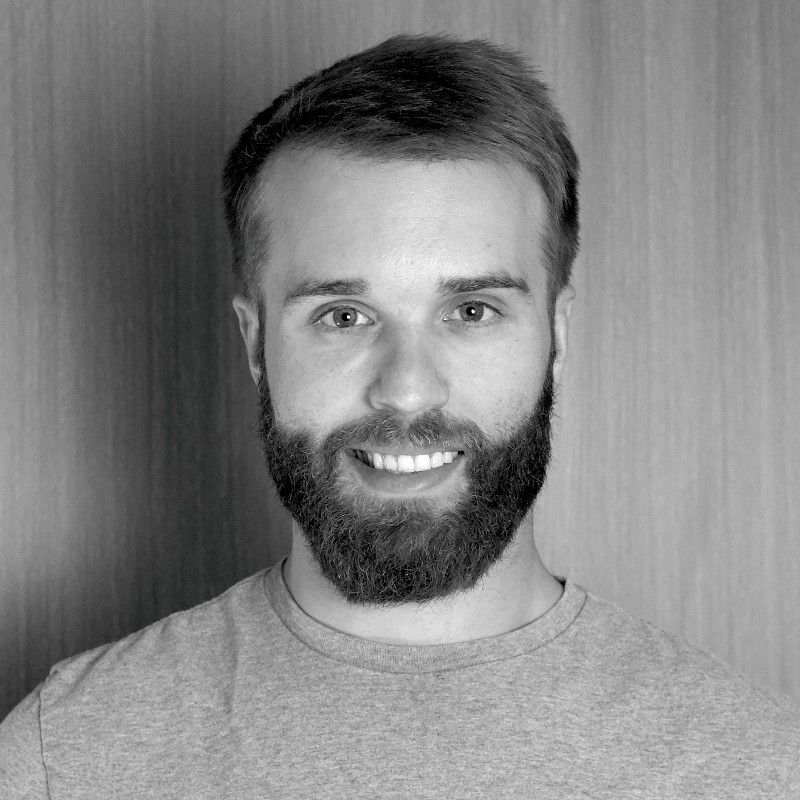191 reads
Tips New Software Engineers Should Know
by
July 7th, 2022
Audio Presented by

Engineering Manager with 10+ years slinging code. Hipster. Used MooTools instead of jQuery.
About Author
Engineering Manager with 10+ years slinging code. Hipster. Used MooTools instead of jQuery.
